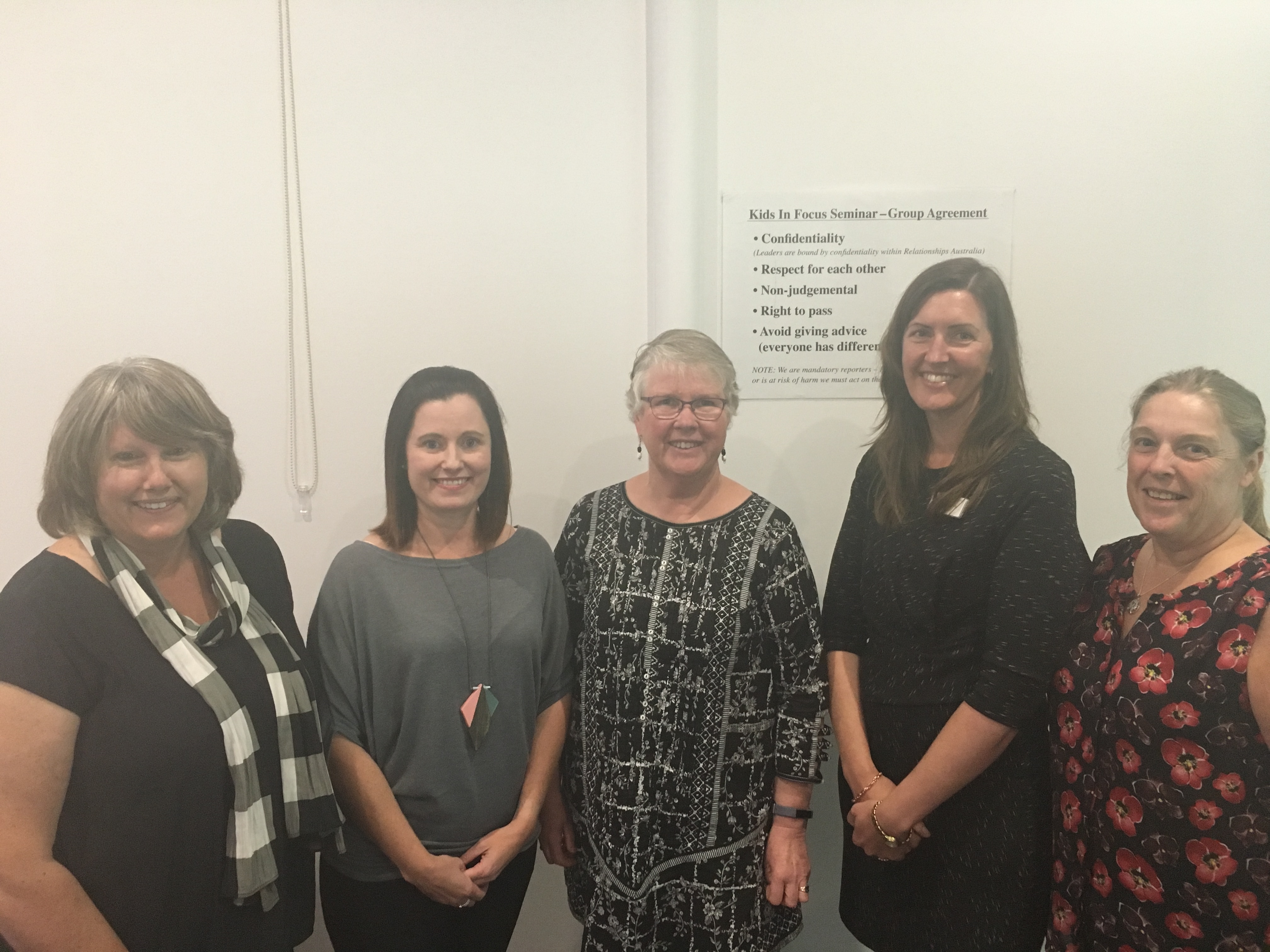 A Charles Sturt University (CSU) and CentaCare Wilcannia-Forbes report highlights the difficulties experienced by vulnerable young people who live in rural communities as they transition from primary to high school.
A Charles Sturt University (CSU) and CentaCare Wilcannia-Forbes report highlights the difficulties experienced by vulnerable young people who live in rural communities as they transition from primary to high school.
The CentaCare 2017 Report delivered in November recommended the development of a strategic framework to support the emotional wellbeing of students.
Strategies to support young people include the active engagement of Year 6 students in familiarisation experiences with secondary school routines, learning spaces, expectations and teaching staff.
The report further recommends the evaluation of existing strategies and the enhancement of data collection from young people aged 10 to 14 years who have been referred to Family Mental Health Support Services.
Principal Investigator Associate Professor Rachel Rossiter from the CSU School of Nursing, Midwifery and Indigenous Health in Orange said the data analysis revealed that poor transition could be categorised into three behavioural groupings: academic, organisation, and social and emotional.
“It was apparent from the data analysis that poor transition behaviours were often interrelated,”
“For example, those young people whose academic transition was difficult, also struggled emotionally and organisationally in their transition to high school.” Professor Rossiter said.
The community and teacher consultation conducted by Dr Deb Clarke from CSU School of Teacher Education, highlighted that the small and supportive nature of the regional communities, assisted young people to successfully transition. These small regional communities voiced their collective responsibility for the young people of the towns, and relied on schools to use pastoral and educational strategies that prepared the town’s young people for a successful transition to high school.
Professor Rossiter stated that the strategies adopted by each case study school were well documented and had been annually evaluated. Additional class, year group, and whole school strategies were periodically introduced after annual reflection of the existing programs.
“From the teachers’ perspectives, the transition of the majority of young people in their care was positive, and well supported by both the school and the broader community.”
“Of particular note, was the variety of transition strategies adopted by each case site, and each school’s commitment to ensuring a positive transition experience for their student cohort,” Professor Rossiter said.
Photo information: (L-R) Ms Kate Gibson (Director of Program and Service Delivery – CentaCare); Ms Tanya Judge (Mental Health Program Manager – CentaCare Wilcannia-Forbes); Assoc. Prof. Rachel Rossiter (SNMIH-CSU); Ms Kathryn Kent (Team Leader Family Mental Health Support Service – CentaCare Wilcannia-Forbes); Dr Deborah Clarke – (Teacher Education – CSU)





Social
Explore the world of social